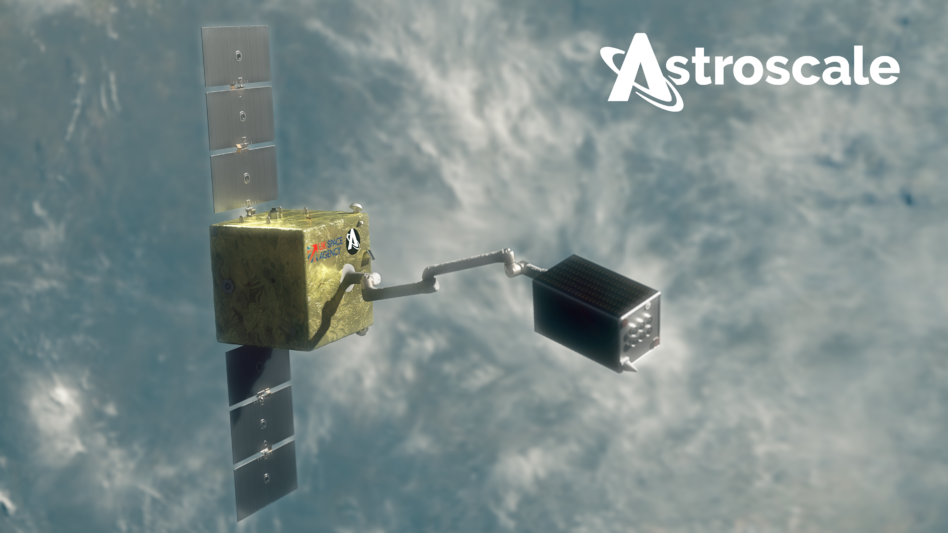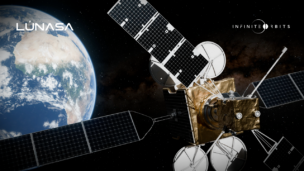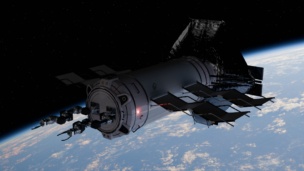The government could require future satellites to be ready for servicing or in-space refueling missions as a way to help the fledgling ISAM industry, according to a GAO report released Thursday.
Context: Maturity levels across the In-Space Servicing, Assembly, and Manufacturing industry vary dramatically. In-space servicing and refueling tech have notched some important demos by companies such as Astroscale and SpaceLogistics. Other missions like assembly or manufacturing, however, lag behind.
Oh cluck: The GAO said the ISAM industry sufferers from a “chicken and the egg” type problem: Servicers don’t want to invest in the tech until there is a broad enough group of potential users, and users don’t want to invest in making their satellites serviceable until there’s a robust ISAM industry. The report found four reasons for this problem:
- Government agencies and industry want different things from ISAM, and no one tech will meet the needs of both.
- There’s no requirement for satellites to be equipped for future servicing or refueling.
- It’s difficult to find opportunities to test ISAM tech in orbit.
- There’s no clear regulations or standards on the industry.
Choose your own adventure: The report evaluated five potential ways policymakers could help the industry flourish, but didn’t provide any recommendations. The different options, including pros and cons, are:
- Promoting servicing missions, including requiring that satellites are able to be serviced, though it’d be difficult to quantify the benefits.
- Supporting technology demonstrations and offering more opportunities for testing, though that wouldn’t guarantee adoption across the space industry.
- Ensuring regulations and standards are clear and easy to understand; that said, imposing regs too early for a still-new industry could stifle developing tech.
- Assigning a “government champion” to coordinate ISAM activities across the government—but a person in that role, without authority and funding, would be useless.
- Doing nothing, which would allow the proposed investment required for the preceding four options to be funneled into other space tech.





